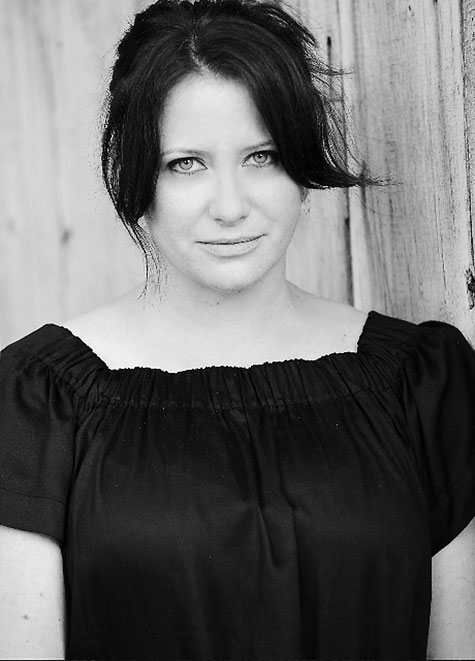 |
"Perception vs. reality. In high school, they are pretty much the same thing." So writes Tonya Hurley, author of ghostgirl and ghostgirl: Homecoming (Little Brown), two books ostensibly written for young adults but with elements that are just as appealing to grown-ups. Ghostgirl is Charlotte Usher, a "nobody" who dies in the opening pages of the first book, and needs to learn certain truths — about herself, about love, about popularity — before she can officially move on to the afterlife. The Homecoming sequel, released last month, follows Charlotte through more adventures. With piquant phrasing like "newly acquired shiteous fashion sense," and pop culture references that don't seem forced, the ghostgirl books are part of a growing canon of smart, relevant teenage fiction that doesn't shy away from sex, cattiness, and adult fears that afflict not-quite-adults. Indeed, it's no coincidence that several of these books address death head-on; the post-death experience gives authors the opportunity to explore teen angst in an exaggerated form, to tackle its melodrama. A high-schooler dealing with an unrequited crush might as well be dead, after all.We caught up with Hurley — who's working on her next novel, Lovesick — via email. She'll elaborate on these topics and more at Longfellow Books on Friday, August 7 at 6 pm.
What do you like about writing young adult fiction?
Teen years are the most formative in anyone's life, socially. I think we're all stuck there to some extent, insofar as our insecurities are born there, our personalities are cultivated there. It's the best of times and, for a lot of us, the worst. It can be cruel but it's really where you learn to survive. It's the time when you find out who you are, who you want to be, and who you don't. It's the most fertile territory imaginable for a writer. It fascinates me.
Several popular young adult books on the market right now are about death [Jay Asher's Thirteen Reasons Why,Suzanne Collins' The Hunger Games]. Why do you think this is? Why was it an effective narrative choice for you?
I think death is an exciting topic for creating a story because it is fantasy, and yet it is based on reality...let's face it, none of us are getting out of here alive. Most of us have very strong beliefs about what happens after we die, but no one really knows for sure. As for ghostgirl, I wanted to take the who idea of feeling invisible to the extreme, and so I thought, what if she dies at the beginning of the book and still tries to get the guy and the attention. ghostgirl is about ghosts but it is not really a 'ghost' story in the traditional sense. For ghostgirl, death turns out to be a lot like life.
Who is your favorite character in the ghostgirl books, and why?
It is really hard for me to pick a favorite. Charlotte is most like me on the inside and Scarlet is like me on the outside. I think everyone needs a Piccolo Pam in their life. I love Petula and The Wendys because it's cathartic to write about girls like that but even with those characters, I try not to write them as stereotypical snobs. They see being popular as their obligation, their job and they know what they have to do to maintain their status. The Dead Ed characters were the most fun to create — all the cautionary-tales-for-teens-type stuff. It's all kind of ridiculous, yet it's relatable. I believe one reviewer said the books and the characters were hysterically tragic. I quite like that.
Tonya Hurley | August 7 @ 6 pm | at Longfellow Books, One Monument Way, Portland | 207.772.4045 | longfellowbooks.com